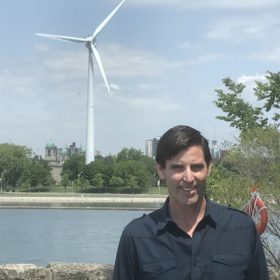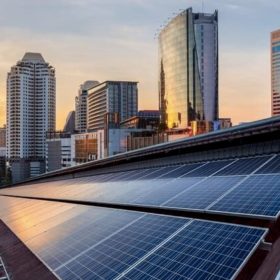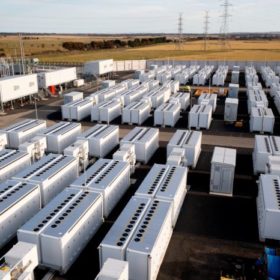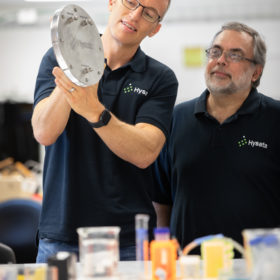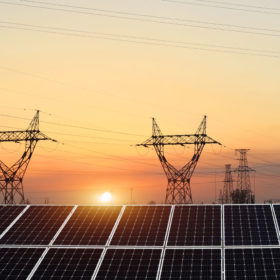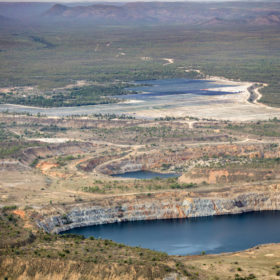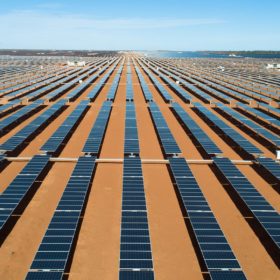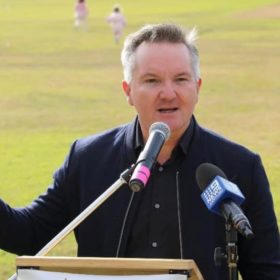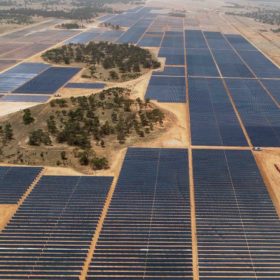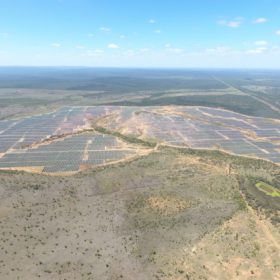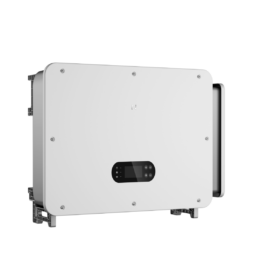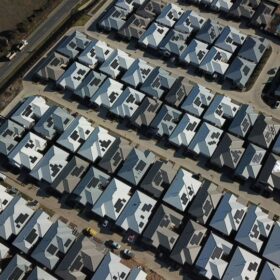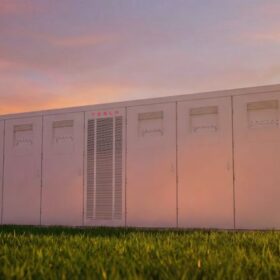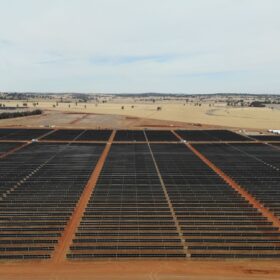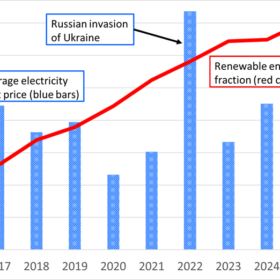Study finds 100% renewables would pay off within six years
New research from Stanford University researcher Mark Jacobson outlines how 145 countries could meet 100% of their business-as-usual energy needs with wind, water, solar and energy storage. The study finds that in all the countries considered, lower-cost energy and other benefits mean the required investment for transition is paid off within six years. The study also estimates that worldwide, such a transition would create 28 million more jobs than it lost.
CEFC commits $200 million for SME investments in clean energy
The Australian government’s green bank has extended its collaboration with the Australia and New Zealand Banking Group, committing up to $200 million as part of a clean energy asset purchasing program to help Australian businesses invest in energy efficient and renewable technologies to cut costs and reduce emissions.
Big week for Neoen, Australia’s big battery daddy
French company Neoen has seen its storage revenue “more than tripled” as a result of its recently commissioned Victorian Big Battery coupled with Australia’s energy crisis. In other news, the company signed a 10 year power offtake agreement with Flow Power for its “flagship” Goyder Renewables Zone project in South Australia.
‘Game changing’ electrolysis technology from NSW closes $42m funding round oversubscribed
Australian hydrogen tech company Hysata has raised over $40 million in funding, attracting backing from major institutional players including CEFC, Hostplus and Bluescope. Hysata is seeking to commercialise a breakthrough made at the University of Wollongong which CEO Paul Barrett describes as “brand new category of electrolyser” with 95% system efficiency.
Industry backs climate bill to accelerate investment in renewables
The introduction of the Federal Government’s climate change bill to parliament has been welcomed with business and industry groups predicting the legislation will unlock hundreds of billions of dollars’ worth of export opportunities and investments in renewable energy, transmission and storage across Australia.
Solar and storage developer Genex target of $300 million takeover bid
Australian renewable energy and storage developer Genex Power has confirmed it is the target of a takeover bid having received an unsolicited offer of more than $300 million from a consortium of private equity firms led by Australian technology billionaire Scott Farquhar’s Skip Capital.
Enel looks to sell major stake in Australian wind, solar portfolio
Italian utilities giant Enel Group is reportedly looking to sell a substantial share in its Australian renewable energy platform, Enel Green Power, to help fund an estimated 3.6 GW development pipeline in the country.
Bowen discards planned changes to ARENA mandate
The Federal Government has moved to scrap controversial changes to the Australian Renewable Energy Agency’s mandate that allowed it to fund some fossil-fuel related and carbon capture storage technologies, signing regulations which make it clear the agency will focus on renewables and electrification.
Octopus announces $10 billion renewable investment funds, acquires Australia’s largest solar project
Octopus Investments Australia, a subsidiary of the major global Octopus Group, today launched two renewable energy investment vehicles totalling $10 billion. The Octopus funds’ first joint acquisition is Australia’s largest operational solar farm, the 333 MW Darlington Point Solar Farm in New South Wales.
FRV points to refinancing move as sign investor appetite is ‘growing’
The Australian arm of global renewable energy developer Fotowatio Renewable Ventures has pointed to the refinancing of its 100 MW Lilyvale Solar Farm in Queensland as a sign of renewed investor confidence in the nation’s renewables sector.
